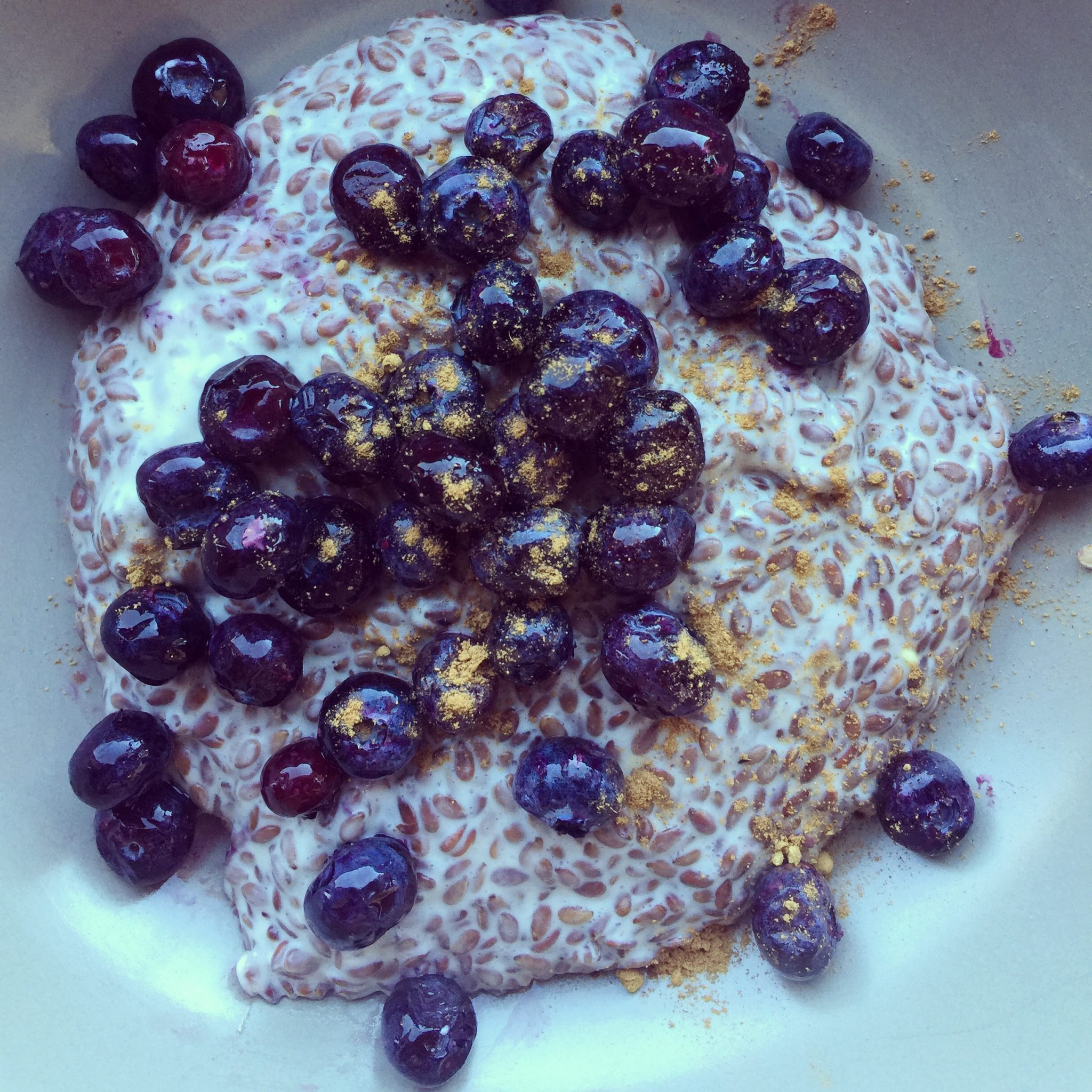
23 Apr REVIVAL AT RSP: WELLBEING CHECK-IN
SLEEP – Your greatest friend right now.
By Alex Robinson @ Revival Nutrition, Qualified Nutritionist and Yoga Instructor.
Good morning. Hopefully our newsletter has added a glimmer of light or hope to your life during these unusual times of “lockdown”. Whether you have the advantage of being naturally isolated on a farm or restricted inside your urban dwelling, your life has changed somehow.
On top of the normal deluge of sleep disruptors, we now have Corona news around us 24/7. The disruption to our lives is slowly unravelling and creating stressful times for many.
One of the first signs that the Corona event is having an impact on your well-being, is noticeable changes to your normal sleeping habits.
Sleep has been under-rated and under-valued for a long time. It’s only been in the last decade that we’ve realised what lack of sleep is doing to our lives, “Insufficient sleep leads to the derailment of body systems”. (Chattu, et.al, 2018). Poor digestion, mid-section weight gain, mood, hormone balance, stamina, blood sugar sensitivity – it’s all directly impacted by the amount and quality of sleep we get every 24-hour cycle.
The biggest hitting influence on what you can do to combat sleep disturbances is…YOU! There’s lots you can do from a lifestyle perspective to turn around your experience between the sheets! This is always my first port of call for anyone before turning to supplements, testing or more hard core options. WHY? Because it’s cheap, doable, doesn’t rely on others or wait times and if you aren’t already doing this stuff, then the more “hard core” protocols are going to take longer to make a difference…so why not start with easy first?
One way to bring some structure and benchmarking to your self-managed sleep program is design yourself a little “Before and After” Questionairre. You could make it as simple or detailed as you like. As a starter, you could give yourself a rating out of 10 (1 being low/bad, 10 being high/excellent) for the following: General daily Mood, Quality of Sleep, Mood on waking, Energy Level, Fatigue Level, Cognitive function. Fill it out on Day 1, Day 15 and Day 30. It’s a handy way to measure how changes can influence your health. (If your looking for a more detailed list, I’d be happy to email you a template).

So, what are some questions you can ask yourself to get started?
- Signs and Symptoms: Think about difficulty getting to sleep, maintaining sleep, early wakening and constant non-restorative sleep. Then dig a bit deeper, what’s your primary complaint? Eg onset, duration, frequency, ongoing factors, current treatments.
- Medications: Certain meds will impact like decongestants, statins and corticosteroids.
- Substances: The big ones are caffeine, alcohol, nicotine, cocaine.
What measures can you take to improve your sleep experience?
- Think about your pre-sleep environment: pre-bedtime activities, the environment in your bedroom, evening emotional, mental & physical status.
- What’s your sleep – wake routine?: Bedtime, night time activities, waketime.
- Nocturnal symptoms: Anything that affects your sleep. Eg snoring
- How your day rolls: Do you notice any aspect of your day that is affected by your sleep quality?
So with all of this important information you’ve collected about yourself, then you can start setting about making some changes.
Sleep Hygiene
Set up a routine around winding down for bed. Establish a regular bedtime and wake time, remove stimulants from lunch time (lets say 1pm), eat dinner early around 6pm, aim to make your bedroom a pleasant place to be – ie dark and cool, no devices within the room (remember alarm clocks pre device era?), remove distractions, animals, lights and anything that prevents you achieving sleep – experiment with partner/spouse? (I’ll leave that one to you).
Nutrition
Protein: Quality protein is essential. It helps stabilise blood sugar levels during the night, plays a role in creating important sleep neurotransmitters like serotonin and melatonin, creates a feeling of satiation and helps your body restore, repair and reset. Notice I said quality. That’s not a burger pattie, sausages, fish fingers or any packaged item. I’m talking a piece of lamb, beef, pork, fish etc that is fresh, or organic tempeh/tofu etc – the best quality you can afford and hasn’t been processed.
Omega 3 Essential Fatty Acids: “There is mounting evidence supporting the beneficial effects of an increased intake of omega-3 polyunsaturated fatty acids (PUFAs) in a variety of neurodegenerative and neurological conditions”. (Dyall, 2015). These fats are neuroprotective and required for cellular energy and structure, brain repair and regulation of circadian rhythms. They can be found in oysters, blue mussels, oily fish like sardines, mackerel, salmon, tuna (tinned is fine), walnuts, flaxseeds, hempseeds.
Substances and Foods to avoid/reduce: I know it’s trying but it really does make a difference. Just focus on 1 thing at a time. Work on how much caffeine, sugar and alcohol you have in your life. They may provide temporary relief, but the cumulative long term impacts just don’t stack up.

Mental, Emotional, Physical Practices
I’ll keep this simple. MOVE – however you like to move (Given the parameters we have to work with at the moment). Just do that, daily if possible. No one ever suffered the negative effects of a walk! Also, I’ll throw this in because it can be a gamechanger – YOGA or lets call it stretching for those who might be scared off with the hippy stuff. Just 10 minutes of a few “Yoga-ery” type stretches changes chemistry in your body and that is powerful.
Enough said.
I hope you can take away a few handy tips from my blog about how important sleep is to your well-being. I wish you wellness and safety through this time and please stay in touch with people who care about you. I’m very happy to chat if you want to talk further about your sleep or any other Nutrition concerns you may have.
Warm regards,
Alex x
W: www.revivalnutrition.com.au
P: 0434 994573
Instagram. @revivalnutrition
#mindfulfoodideas

References:
Chattu, V. K., Manzar, M. D., Kumary, S., Burman, D., Spence, D. W., & Pandi-Perumal, S. R. (2018). The Global Problem of Insufficient Sleep and Its Serious Public Health Implications. Healthcare (Basel, Switzerland), 7(1), 1. https://doi.org/10.3390/healthcare7010001
Dyall S. C. (2015). Long-chain omega-3 fatty acids and the brain: a review of the independent and shared effects of EPA, DPA and DHA. Frontiers in aging neuroscience, 7, 52. https://doi.org/10.3389/fnagi.2015.00052
Hechtman, Leah (2012). Clinical Naturopathic Medicine, Churchill Livingstone,(Elsevier). Sydney, Australia.



Sorry, the comment form is closed at this time.